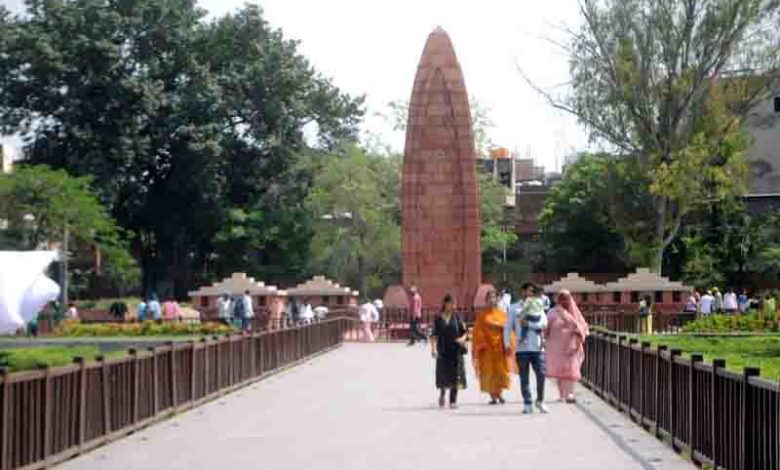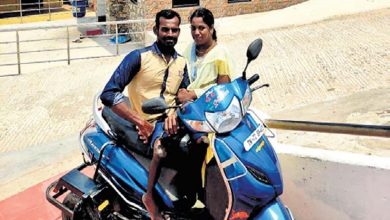Punjab: Jallianwala Bagh massacre analyzed from the perspective of local literature

Punjab: To mark 106 years of the Jallianwala Bagh massacre, the Jallianwala Bagh Chair at Guru Nanak Dev University organised a seminar to analyse the events of April 1919 through local literature. Scholars from Hindi, Punjabi and English languages were invited to the event. In a session titled ‘History, Literature and Folklore and the JB Massacre’, Chair Professor Amandeep Bal presented the topic of the seminar, saying that one of the topics rarely covered about the massacre was local literature and folklore. “There was public outrage at that time. Writers of the time published some iconic literature, be it in Hindi, Bengali, Punjabi or Urdu, capturing the sentiments and holding the British accountable. Our aim is not just to study collections of prose and poetry on the massacre but to critically analyse creative writings by scholars.” Speaking at the seminar, Professor KL Tuteja, former Professor and Head, Department of History, Kurukshetra University, critically analysed Mahatma Gandhi’s decision to launch the Rowlatt Satyagraha through news and newspapers of the time. Professor KL Tuteja said, “What Gandhi learnt from this movement was that for a movement to be successful, it should be about people of all communities, gender and class. Learning from the movement, Gandhi strengthened the principle of non-violence and emphasised Hindu-Muslim unity and decided to organise a more broad-based movement.” Professor Sukhdev Singh Sirsa, former Professor and Head, Department of Punjabi, Panjab University, Chandigarh, who was the valedictory speaker, said the massacre was not an accidental event but was part of British colonial policy. Professor Sirsa said, “This tragedy shattered the myth of British generosity and progress.
It exposed their fanaticism and oppression, as well as the officers who abused the power to arrest anyone and keep people in custody without any notice. Against the backdrop of the nationalist movement, the discontent of the common man grew, who was ready for confrontation, which ultimately led to the freedom movement.” He mentioned several writers of the time who criticised the repressive tactics of the British rule. Professor Sirsa said, “This massacre influenced not only Hindi, Punjabi, Urdu and Bengali writers like Tagore and Manto, but also the Russian poet Nikolay Tikhonov, who condemned British atrocities and the shooting of innocent, unarmed civilians in his poem ‘Indian Dream’ published in 1920.” He also highlighted the tradition of mixed culture of Punjab, which he said has a history dating back even before the time of Guru Nanak Dev. In his presidential address, Dean Academic Affairs Professor Palwinder Singh expressed displeasure over the common man’s perception about the massacre. On this occasion, a book ‘Jallianwala Bagh Massacre and Indian National Movement’ written by the Jallianwala Bagh Chair was released.





